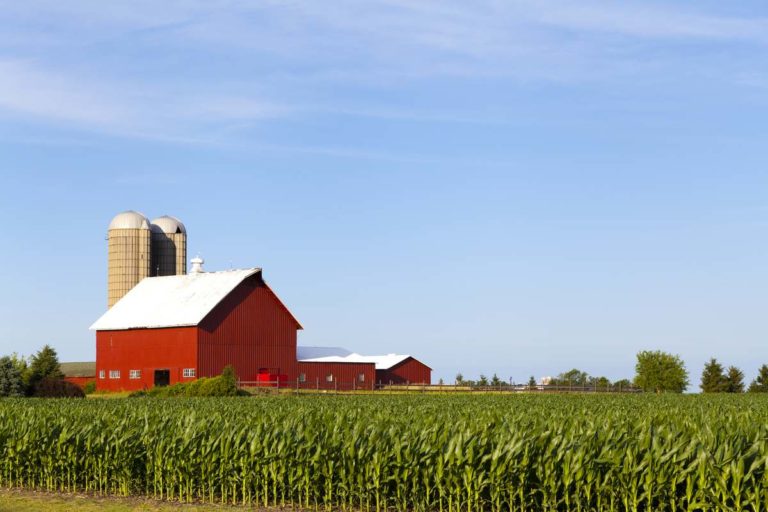
Preserving Your Legacy: Estate Planning for Landowners
Owning land is more than just an investment; it connects a source of livelihood to a cherished family legacy. As a landowner, planning for the future and ensuring that your property is preserved and passed down to future generations is essential. Based on the Central Trust Company article, “Estate Planning For Landowners,” we explore how estate planning can help landowners safeguard their legacy and ensure continuity for their family farm or ranch.
What are the Key Considerations for Landowners Planning Their Legacy?
Many landowners believe that their property represents more than just acreage. It’s a symbol of family heritage and tradition. Estate planning allows you to preserve this legacy by outlining how your land will be managed and passed down. Making thoughtful decisions about inheritance and land use ensures that your family heritage lasts for years.
If the land is used for ranching for farming, the continuity of farm operations is also essential for the livelihood of family members and the sustainability of the land. Special considerations regarding livestock, equipment and other expensive assets are required to prevent unintended consequences.
While many landowners choose to pass on ownership through beneficiary designations, such as Payable on Death (POD) or beneficiary deeds or even adding family members as joint owners, the property can become exposed to creditors and liabilities through these methods. In contrast, comprehensive estate planning guards the land from harmful actors and enables you to address critical issues, such as disability or death of the principal owner, ensuring that operations can continue seamlessly, even in unforeseen circumstances. Developing a comprehensive plan can safeguard the future of your family farm or ranch.
What are the Complexities to Address in Landowner Estate Planning?
Given the complexities of estate planning for landowners, it’s crucial to work with a knowledgeable estate planning attorney in your area. An estate planning attorney can help you design a customized plan for your goals and concerns. For example, you can choose strategies that protect portions of your land and provide income from other portions.
Tax considerations play a significant role in landowners’ estate planning. Changes in tax laws can impact the financial implications of transferring property to future generations. An experienced estate planning attorney can help you explore tax-efficient strategies, such as conservation easements, to minimize estate tax burdens and maximize the value of your legacy.
Key Estate Planning For Landowners Takeaways:
- Protect Family Heritage: Protect your family’s legacy for future generations.
- Preserve Land Value: Strategize land use for maximum land value.
- Seek Professional Guidance: Engage an estate planning attorney to develop a comprehensive plan tailored to your needs.
Conclusion
As a landowner, your property is a testament to your family’s heritage and a source of livelihood for future generations. Engage in thoughtful estate planning with our legal team to preserve your legacy and maximize the value of your land for your heirs.
Please visit our website www.MoTrustLaw.com for more information on estate planning for family farms.
Reference: Central Trust Company (Aug. 25, 2022) “Estate Planning For Landowners,”



